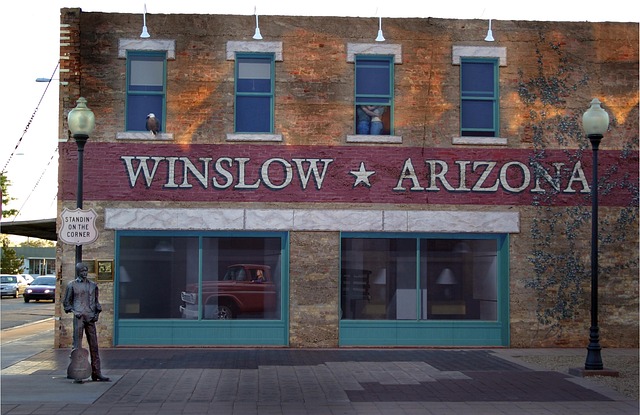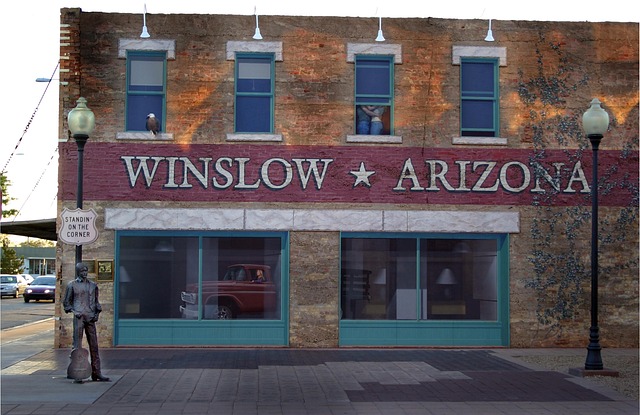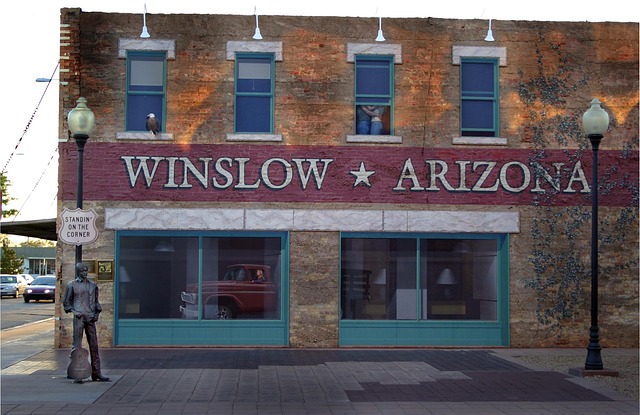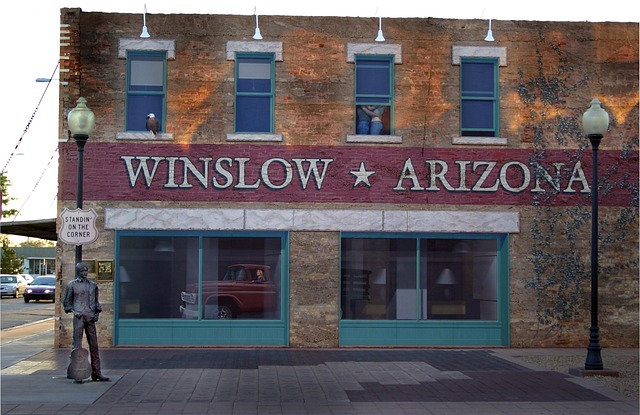The Eagles' music, through profound metaphors like "The Corner," encourages introspection and personal growth, weaving emotional narratives into their soundscapes. Their song "Take It Easy" uses real estate as a metaphor for life's challenges, urging listeners to embrace potential hidden beyond appearances. The band's iconic blend of country, rock, and folk revolutionized both music and real estate, fostering community and leaving an indelible mark on venues globally, influencing subsequent artists and shaping contemporary music.
“Discover the powerful metaphor behind the iconic ‘The Corner’ in The Eagles’ music. This song, a symbol of resilience and reflection, employs real estate as a poignant analogy for life’s challenges. We explore how the corner represents a safe haven, offering respite from the hustle and bustle of life. Delve into the deeper meaning, its impact on fans, and the industry, as we uncover the timeless appeal of this musical sanctuary.”
The Corner in Eagles' Music: A Symbol of Resilience and Reflection

In many ways, The Corner is more than just a physical location in the Eagles’ music; it’s a metaphor that encapsulates their thematic exploration of resilience and reflection. Often depicted as a sanctuary amidst life’s challenges, this “corner” represents a space for introspection, strength-finding, and redemption. Through their lyrics, the band invites listeners to consider the quiet moments—where we confront our fears, doubts, and past mistakes—as essential stepping stones on the path to personal growth.
The Corner serves as a powerful symbol within the Eagles’ real estate of soundscapes, where each note, chord progression, and vocal harmony contribute to an emotional landscape that resonates deeply with audiences. By turning into this corner, whether literal or metaphorical, individuals are encouraged to confront their narratives, learn from their experiences, and find solace in their own personal moments of quiet reflection—a timeless message that continues to inspire listeners across generations.
Real Estate Metaphor: Unlocking the Deeper Meaning

The famous line “We’re not going to let a little thing like death stand in our way” from the Eagles’ iconic song “Take It Easy” presents an intriguing real estate metaphor. This phrase, often interpreted as a defiant attitude towards life’s challenges, can be seen as a powerful property description—a corner lot that offers expansive possibilities despite its initial appearance. Just as a corner property is strategically located and accessible from multiple directions, allowing for unique opportunities, the lyrics suggest embracing life’s twists and turns.
The real estate metaphor extends to the song’s narrative of finding solace and connection in unexpected places. A piece of land, often overlooked or considered problematic, can be transformed into a vibrant neighborhood or even a thriving community. Similarly, the lyrics encourage listeners to look beyond initial impressions, find beauty in imperfection, and unlock hidden potential—a concept familiar to anyone navigating the real estate market, where one must consider not just what’s visible on the surface but also the undiscovered value beneath.
Exploring the Impact and Influence on Fans and the Industry

The famous corner from Eagles’ songs, often referred to as their signature sound, has had a profound impact on both fans and the music industry. The band’s unique blend of country, rock, and folk influences created a musical landscape that resonated with listeners worldwide. This distinctive style not only defined their repertoire but also left an indelible mark on real estate; Eagles’ concerts became must-attend events, drawing large crowds to arenas and stadiums.
The influence extended beyond the physical spaces, as their music fostered a sense of community among fans. The lyrics, often telling stories of love, loss, and adventure, struck a chord with people from diverse backgrounds. This connection led to an increased demand for live performances and contributed to the success of similar artists who followed in their footsteps, shaping the direction of contemporary music.






